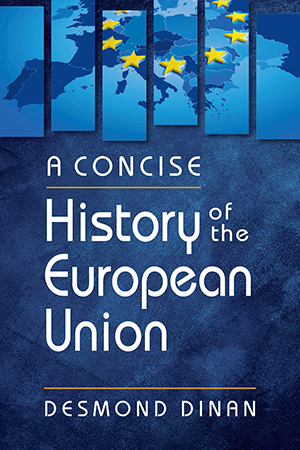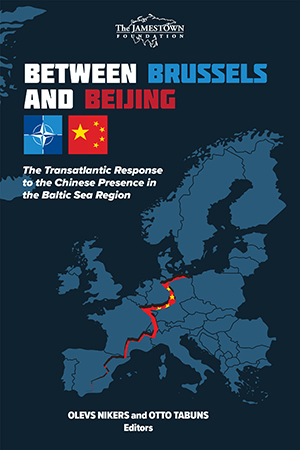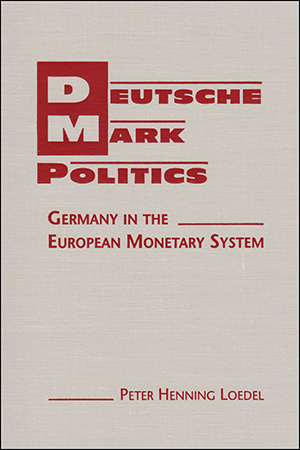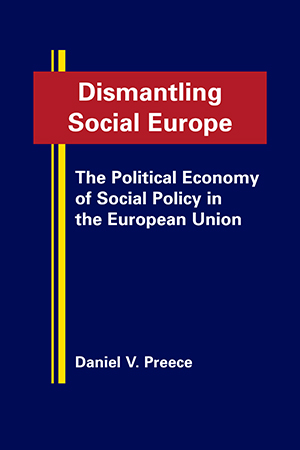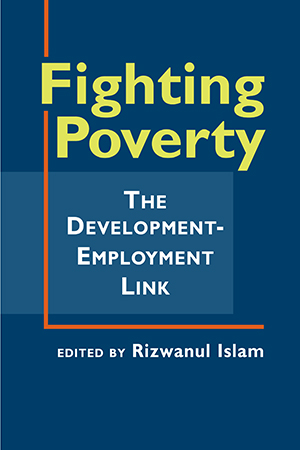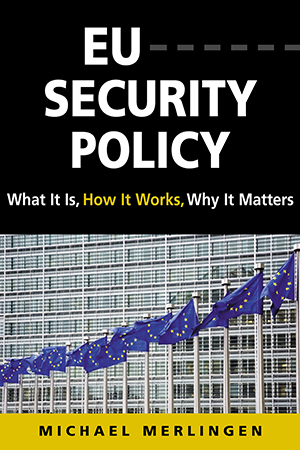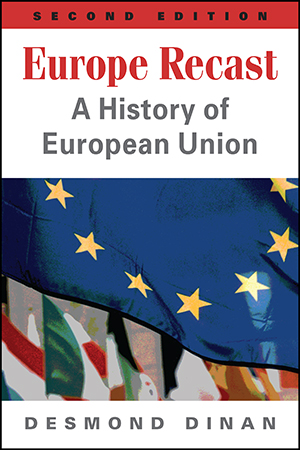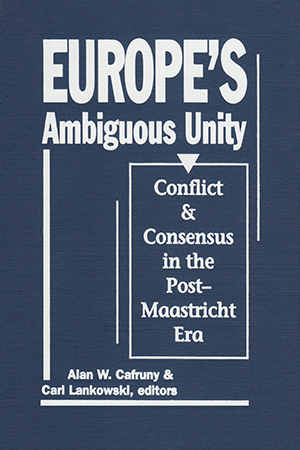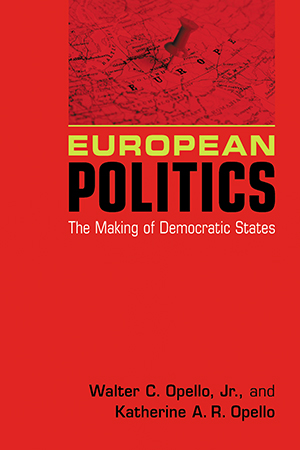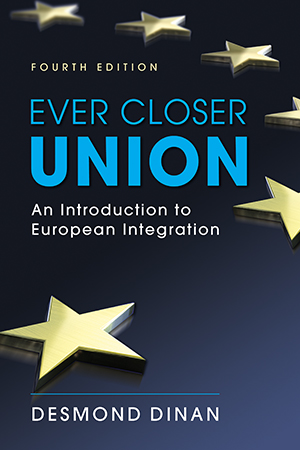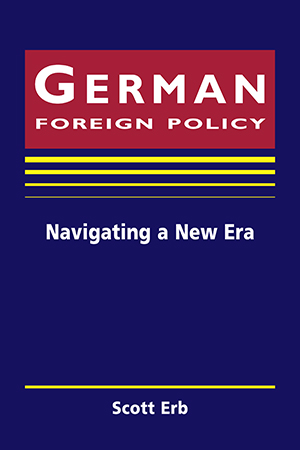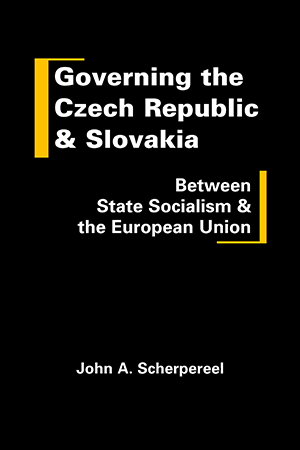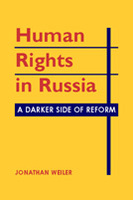European and European Union Politics
What explains the remarkable evolution of the European Union since its emergence in the early 1990s? How has the EU coped with a series of severe shocks, ranging from the euro crisis to More >
China's growing presence in the strategically important Nordic-Baltic region has implications not only for the region itself, but also for general transatlantic relations. Within that More >
In both Germany and Poland—primary locations of the Holocaust—the legacy of antisemitism remains a major obstacle to reconciliation with the past. Thomas Just asks: How does More >
Why is Germany prepared to sacrifice the deutsche mark for European Monetary Union? Peter Loedel’s novel analysis, incorporating domestic, European, and global aspects of German More >
Why is neoliberalism winning out as a social policy in the European Union? Daniel Preece demonstrates how, despite the commitment to "Social Europe" that has been entrenched in the More >
What makes some multiethnic states integrate and others descend into civil war? Ishiyama and Breuning extend traditional explanations centered on socioeconomic, cultural, and historical More >
What is the European Union's security and defense policy (CSDP)? How does it work? Does it make a difference in international security affairs? How do other global actors react to More >
Thoroughly revised to reflect a decade of recent history—and incorporating newly available archival material and the latest scholarship—Europe Recast tells the story of European More >
Although the European Union as an entity now enjoys support from across most of the political spectrum, this has by no means resulted in the acceptance of a single vision of the EU. The More >
This book explains why three countries—Britain, France, and Italy—that have faced similar problems of high inflation and currency depreciation since the 1970s—Britain, More >
This innovative text explores the nature of European politics in the context of the origin and institutional development of the European state system. Underlying the analysis are a More >
In the years since the third edition of Ever Closer Union was published, the EU saw the ratification and implementation of the Lisbon Treaty, further enlargement, leadership changes, policy More >
Despite an array of predictions that Germany's foreign policy would be unable to adapt easily to the postunification, post–Cold War environment, it has in fact remained effective, More >
Why do democratic leaders sometimes choose not to establish institutions that would promote the consolidation of democracy? And what are the consequences of those choices? Focusing on the More >
The connection between Soviet authoritarianism and human rights violations once seemed unassailable, as did the belief that a transition away from communist rule would lead to better More >


